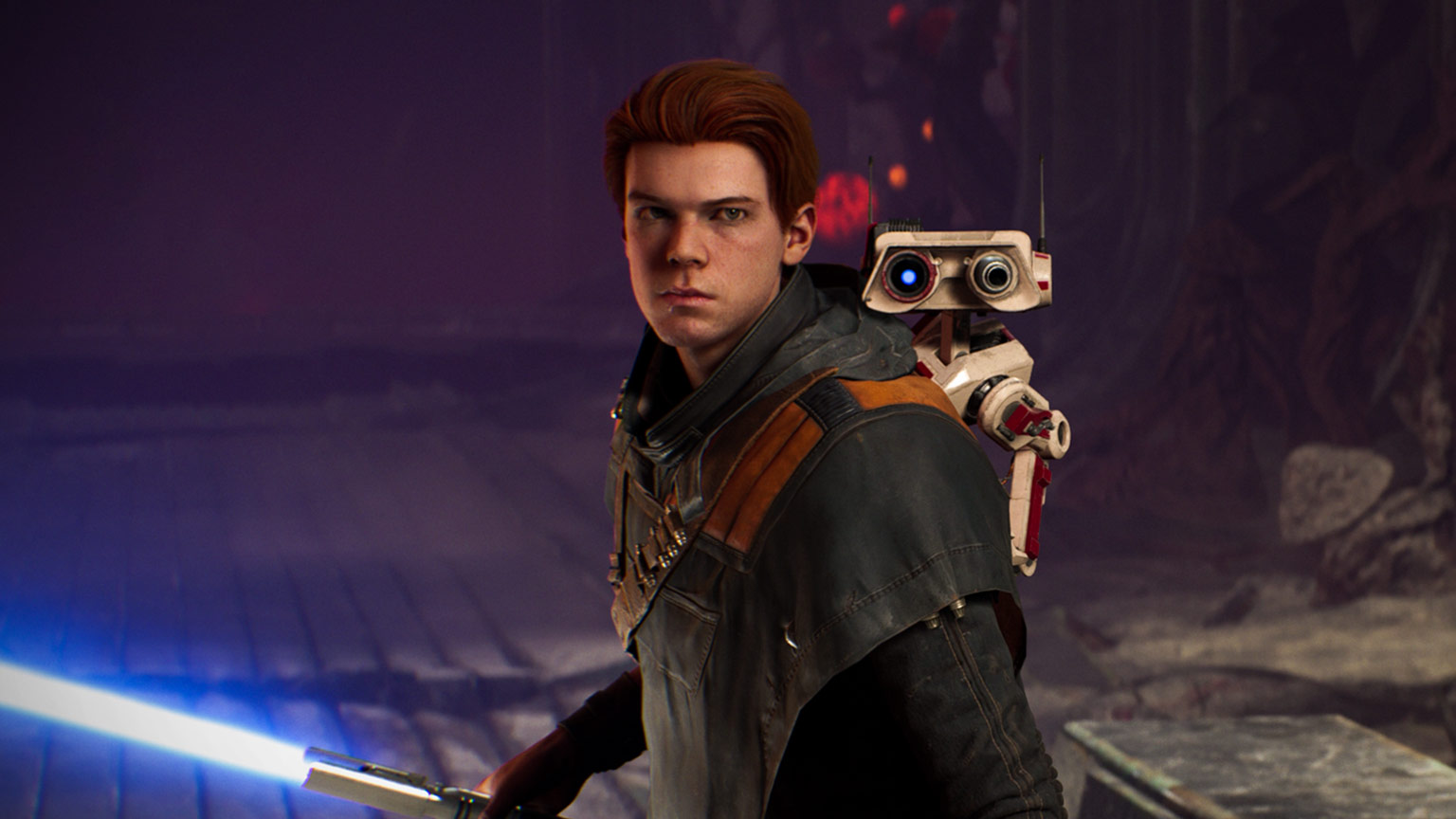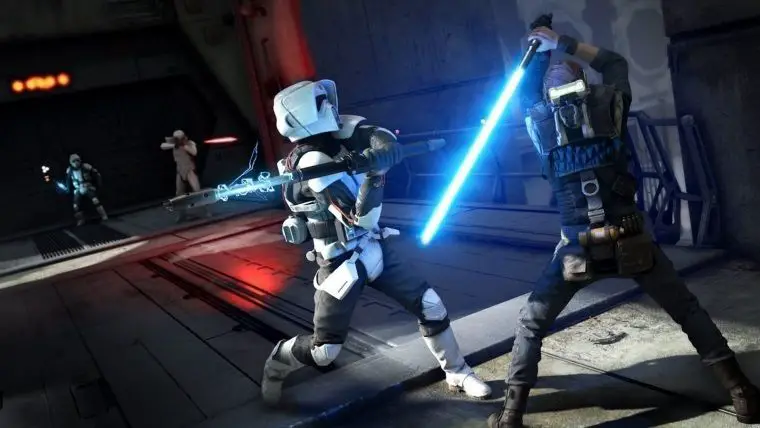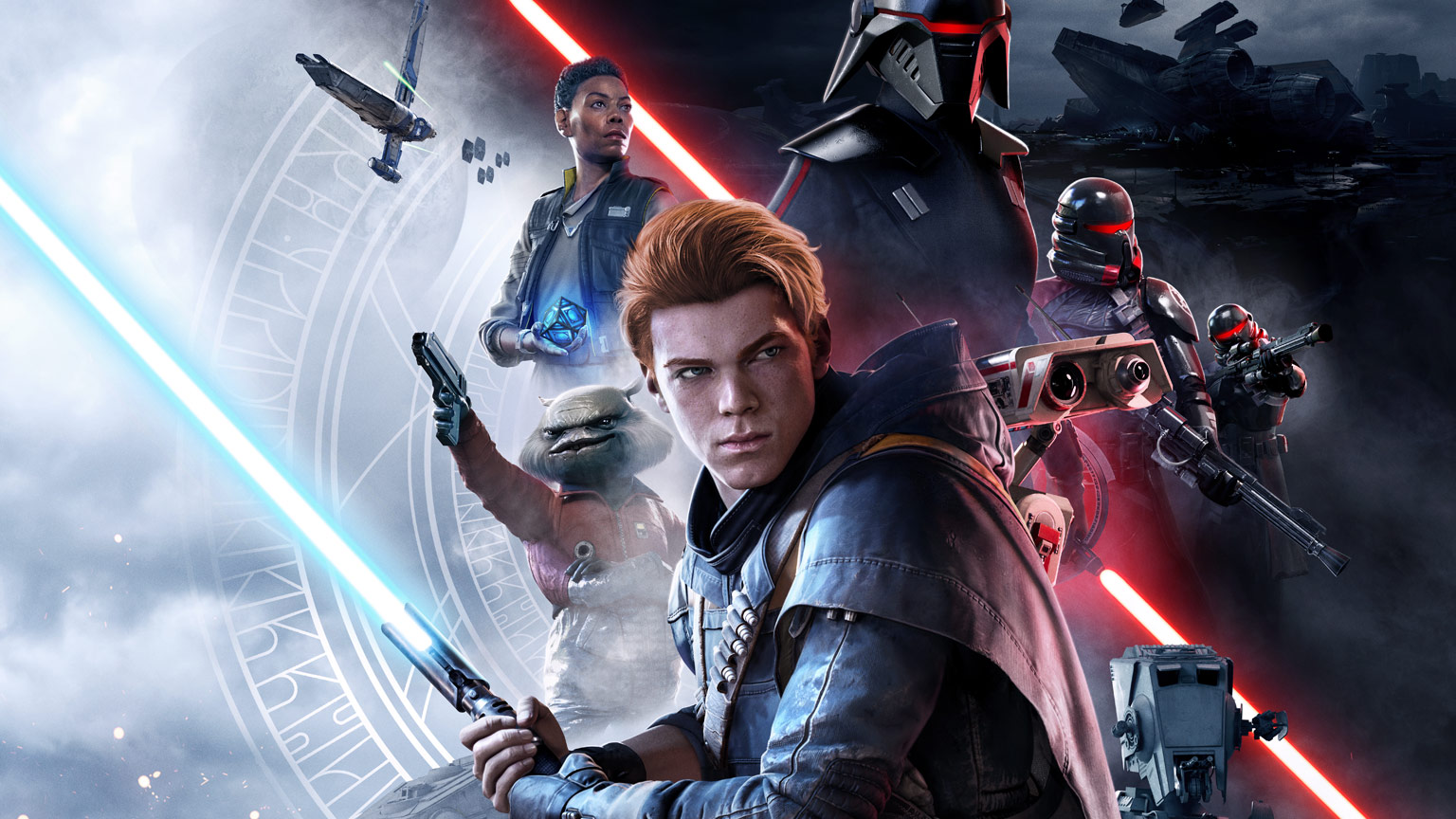EA is working on three major Star Wars video games, which demonstrates how huge Disney intends to become in the gaming world — without committing to any large projects of its own.
EA will bring us 3 new Star Wars games
Despite Disney’s difficulties in creating hit games and the sale of internal development studios, it has been able to create a new era by bringing together the industry’s top personnel with its worldwide famous brands.
On Tuesday morning, EA announced that a sequel to its 2019 blockbuster action-adventure game Star Wars Jedi: Fallen Order is currently in production at Respawn studio, alongside two previously unknown projects.
Respawn is also developing a first-person shooter overseen by Star Wars game veteran Peter Hirschmann, who most recently led the development of the studio’s virtual reality World War II game. And it’s producing an unnamed strategy game from Bit Reactor, a new independent studio composed of developers from Firaxis, the Civilization and XCOM studio owned by EA rival Take-Two Interactive.

Respawn studio is also working on a new FPS game, which is being directed by Peter Hirschmann, who previously led the development of the studio’s virtual reality WWII game.
Bit Reactor (XCOM developers owned by Take-Two Interactive), a new independent company formed by Firaxis devs, will release an unannounced strategy game. In addition to these, there are studios like WB Games, Zynga, Ubisoft and Quantic Dream developing Star Wars games.
Disney has been developing a number of major Marvel games for Sony PlayStation (Spider-Man 2 and Wolverine), Skydance, Firaxis, and other firms besides their Star Wars projects.
Ubisoft and Tencent are developing big titles for the Avatar franchise, which Disney owns through Fox.
All of this comes off the heels of a year that included Square Enix’s Eidos Montreal studio’s Marvel’s Guardians of the Galaxy and Microsoft’s Sea of Thieves’ Pirates of the Caribbean expansion.

The number of developers involved bodes well for the games’ quality, but Marvel’s Avengers proves that combining with a top developer can still result in a failure.
Publishers who accept these contracts are attempting to balance the desire to pay Disney for a license against the benefit of featuring well-known characters in their games.
Studios may lose interest in existing or new video game intellectual property as they focus on Disney’s Star Wars characters.





